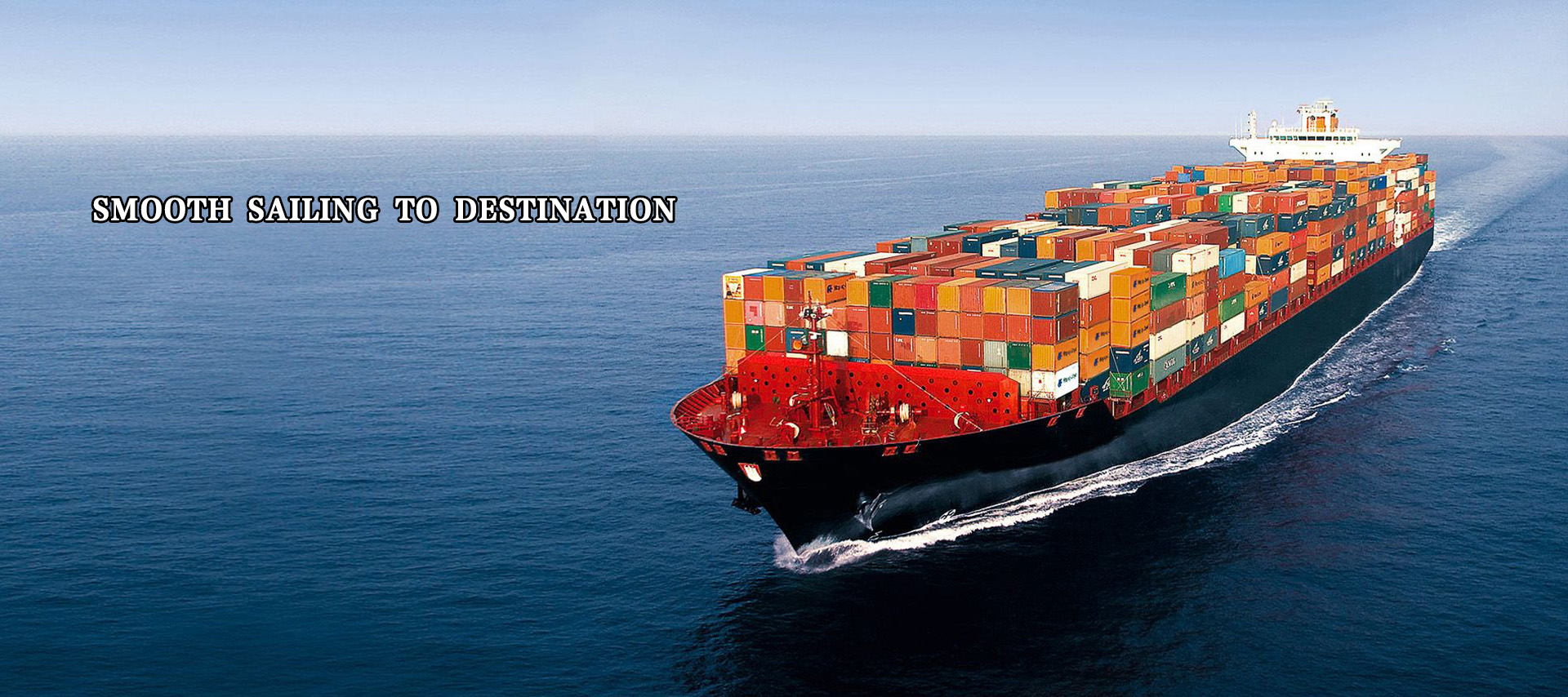-
 MOROCCO
MOROCCOBASENTON LOGISTICS
-
 GHANA
GHANABASENTON LOGISTICS
-
 NIGERIA
NIGERIABASENTON LOGISTICS
-
 SOUTH AFRICA
SOUTH AFRICABASENTON LOGISTICS
-
 EGYPT
EGYPTBASENTON LOGISTICS
-
 ISRAEL
ISRAELBASENTON LOGISTICS
-
 JORDAN
JORDANBASENTON LOGISTICS
-
 SAUDI ARABIA
SAUDI ARABIABASENTON LOGISTICS
-
 IRAQ
IRAQBASENTON LOGISTICS
-
 KUWAIT
KUWAITBASENTON LOGISTICS
-
 QATAR
QATARBASENTON LOGISTICS
-
 UAE
UAEBASENTON LOGISTICS
-
 MYANMAR
MYANMARBASENTON LOGISTICS
-
 THAILAND
THAILANDBASENTON LOGISTICS
-
 VIETNAM
VIETNAMBASENTON LOGISTICS
-
 CAMBODIA
CAMBODIABASENTON LOGISTICS
-
 MALAYSIA
MALAYSIABASENTON LOGISTICS
-
 SINGAPORE
SINGAPOREBASENTON LOGISTICS
-
 PHILIPPINES
PHILIPPINESBASENTON LOGISTICS
-
 INDONESIA
INDONESIABASENTON LOGISTICS
-
 AUSTRALIA
AUSTRALIABASENTON LOGISTICS
-
 JAPAN
JAPANBASENTON LOGISTICS
-
 JAPAN
JAPANBASENTON LOGISTICS
-
 JAPAN
JAPANBASENTON LOGISTICS
-
 JAPAN
JAPANBASENTON LOGISTICS
-
 JAPAN
JAPANBASENTON LOGISTICS
-
 JAPAN
JAPANBASENTON LOGISTICS
-
 JAPAN
JAPANBASENTON LOGISTICS
-
 JAPAN
JAPANBASENTON LOGISTICS
-
 JAPAN
JAPANBASENTON LOGISTICS
-
 JAPAN
JAPANBASENTON LOGISTICS
-
 JAPAN
JAPANBASENTON LOGISTICS
-
 JAPAN
JAPANBASENTON LOGISTICS
-
 JAPAN
JAPANBASENTON LOGISTICS
-
 JAPAN
JAPANBASENTON LOGISTICS
-
 JAPAN
JAPANBASENTON LOGISTICS
-
 JAPAN
JAPANBASENTON LOGISTICS
-
 JAPAN
JAPANBASENTON LOGISTICS
-
 JAPAN
JAPANBASENTON LOGISTICS
-
 JAPAN
JAPANBASENTON LOGISTICS
-
 JAPAN
JAPANBASENTON LOGISTICS
-
 JAPAN
JAPANBASENTON LOGISTICS
-
 JAPAN
JAPANBASENTON LOGISTICS
-
 JAPAN
JAPANBASENTON LOGISTICS
-
 JAPAN
JAPANBASENTON LOGISTICS
-
 JAPAN
JAPANBASENTON LOGISTICS
-
 JAPAN
JAPANBASENTON LOGISTICS
-
 JAPAN
JAPANBASENTON LOGISTICS
-
 JAPAN
JAPANBASENTON LOGISTICS
-
 JAPAN
JAPANBASENTON LOGISTICS
-
 JAPAN
JAPANBASENTON LOGISTICS
-
 JAPAN
JAPANBASENTON LOGISTICS
-
 JAPAN
JAPANBASENTON LOGISTICS
-
 JAPAN
JAPANBASENTON LOGISTICS
-
 JAPAN
JAPANBASENTON LOGISTICS
-
 JAPAN
JAPANBASENTON LOGISTICS
-
 JAPAN
JAPANBASENTON LOGISTICS
-
 JAPAN
JAPANBASENTON LOGISTICS
Winsail international logistics, established in Guangzhou – China in 2020, is a one-step logistics provider, by delivering industry leading freight forwarding solutions through a strong network of agents. Our business covers global LCL, Ocean/Sea freight (FCL), air freight, courier express, warehousing, logistics, distribution, dangerous cargo, customs clearance, transportation, door to door by air & sea and trading services. We take pride in delivering the most cost-effective and reliable solutions to our customers and we provide them with an efficient system. Our best-in-class service comes at the best price making us one of the most affordable and leading logistics companies in China.
Our mission:To become a leading logistics services provider from China helping small and medium-sized enterprises succeed.
Our vision:To grow our business together with growth of our staff suppliers and clients.
Our slogan:Bear your cargo, March with safe and efficent


















![[sort:name]](/static/picture/bstico1.png)
